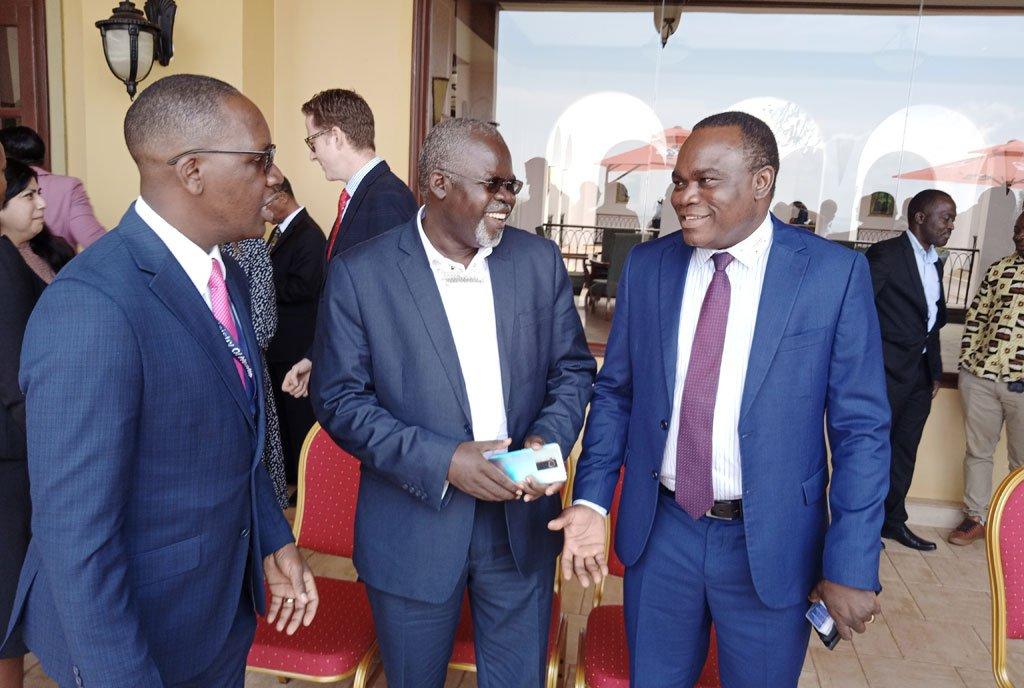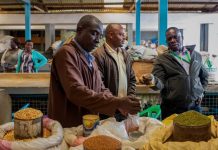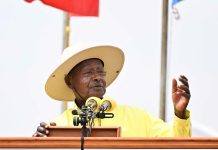Africa-Press – Uganda. The government has finalised plans to introduce the second dose of the measles-rubella vaccine in October.
Dr Alfred Driwale, the head of the immunisation programme at the Health ministry, yesterday said they are introducing the second dose because evidence indicates that one shot does not offer sufficient protection.
Dr Driwale was yesterday speaking at an international meeting on immunisation at Lake Victoria Serena Golf Resort in Wakiso District.
He said the exercise would be maintained as the routine immunisation for children aged nine months and one-and-a half years for the first and second doses, respectively.
“Measles is a disease which is globally targeted for eradication –meaning nobody should have it on the surface of the earth. To achieve this, you should give two doses of the measles vaccine as opposed to one dose,” Dr Driwale said.
Statistics from the Health ministry indicate that an average of 288 cases of measles are reported every month, a number higher than the monthly average of 217 in 2018.
A family spends an average of Shs167,000 to Shs350,000 per episode of measles attack on one member, for a disease that can be prevented through vaccination, according to a 2020 report by researchers from Makerere University and the US.
Dr Driwale said the vaccine is 85 percent effective when a child is vaccinated at nine months.
“When you give a second dose after one year, those who are partially immunised will now be fully protected and have immunity against the disease,” he said.
The rollout of the booster shots will be done with the support of the African Field Epidemiology Network (AFENET). The organisation is implementing the 2nd Year of Life project which is funded by the US Centers for Disease Control and Prevention (CDC).
“Routinely, we have vaccinations for children but most of them only get the vaccine in the first year of life when the mother has just given birth. But in the second year of life, the enthusiasm is lost and parents are not taking their children for vaccination,” said Dr Simon Antara, the head of AFENET.
Dr Antara added: “Through this project, we want to ensure that children complete their vaccination. We are also talking about vaccines for adolescents and adults. This event will enable us to find the best way to ensure people complete the vaccination to reduce deaths and ensure people are healthy to engage and contribute to economic development.”
The Covid-19 interventions also affected the coverage of routine immunisation. “We had a two-three percentage drop in the vaccination rate for routine vaccines. This meeting is helping us to come together to push this up again,” said Dr Daniel Kyabayinze, the director of Public Health at the Ministry of Health.
Dr Driwale said they would sensitise districts and sub-counties on the vaccination of children aged four and below. He asked parents to ensure that the eligible children are vaccinated.
For More News And Analysis About Uganda Follow Africa-Press






